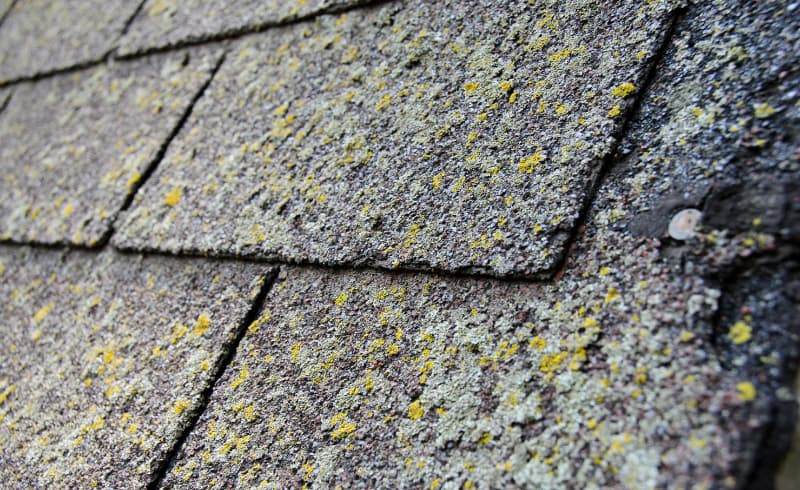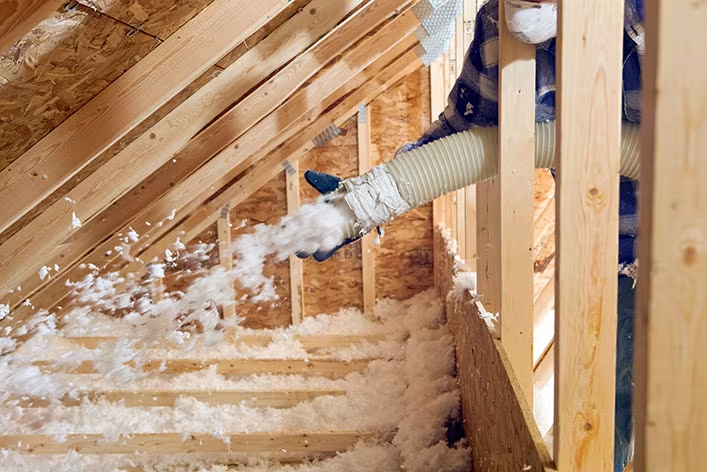Understanding Granule Loss on Roofing Shingles: Causes, Effects, and Solutions
Granule loss on roofing shingles affects many homeowners and can significantly impact roof performance. As the most popular roofing material in America, asphalt shingles protect millions of homes through their unique three-layer construction. HUDCO Roofing & Exteriors understands that maintaining your roof’s granule integrity is crucial for long-term protection.
The Critical Role of Granules in Shingle Performance
Asphalt shingles combine three essential layers: a base material, asphalt coating, and mineral granules. Moreover, these granules serve multiple vital functions that protect your home through various mechanisms.
Essential Functions:
- UV Protection: The granules act as a protective sunscreen for your roof, blocking harmful ultraviolet rays
- Water Management: They direct water flow efficiently down the roof’s surface
- Temperature Control: Specially coated granules reflect sunlight and reduce heat absorption
- Fire Resistance: The mineral composition helps protect against external fire threats
- Algae Prevention: Copper-infused granules inhibit algae growth in humid climates
- Installation Benefits: Granules prevent shingles from sticking together and provide better traction
Common Causes of Granule Loss on Roofing Shingles
Several factors can accelerate granule loss beyond normal wear and tear. Understanding these causes helps homeowners take preventive action to protect their roof repair investments.
Natural Causes:
- Severe weather events and storm damage
- Extended exposure to intense sunlight
- Age-related deterioration
- Temperature fluctuations and thermal cycling
Human-Related Factors:
- Excessive foot traffic during maintenance
- Improper pressure washing techniques
- Poor installation practices
- Neglected gutter maintenance
Preventing Excessive Granule Loss and Protecting Your Investment
Taking proactive steps can minimize premature granule loss on roofing shingles. Additionally, regular maintenance significantly extends your roof’s lifespan and performance.
Comprehensive Maintenance Tips:
- Schedule professional inspections twice yearly
- Clean gutters regularly to prevent debris accumulation
- Trim overhanging branches away from the roof
- Avoid high-pressure washing on shingle surfaces
- Use appropriate footwear when roof access is necessary
- Monitor granule accumulation around downspouts
Warning Signs and When to Act:
Early recognition of excessive granule loss helps prevent more serious problems. Watch for these critical indicators:
- Large amounts of granules in gutters or downspouts
- Bare spots or “bald” areas on shingles
- Inconsistent coloring across the roof surface
- Increased indoor temperature during summer months
- Water stains on interior ceilings
- Curling or buckling shingle edges
Professional Assessment and Replacement Considerations
When granule loss on roofing shingles becomes severe, professional evaluation becomes necessary. Experienced contractors will assess several crucial factors before recommending action.
Assessment Criteria:
- Overall roof age and condition
- Extent of granule loss across different areas
- Presence of other structural damage
- Remaining warranty coverage details
- Cost comparison between repair and replacement options
- Impact on home energy efficiency
Making the Replacement Decision:
Consider replacement when you observe these specific issues:
- Widespread granule loss across multiple shingle sections
- Curling or buckling shingle edges
- Interior leaks or persistent water damage
- Damaged or deteriorating flashing
- Signs of structural compromise
- Excessive algae growth despite treatments
Long-term Protection Strategies
Protecting against granule loss requires a comprehensive approach that combines regular maintenance with quality materials and professional expertise.
Essential Long-term Strategies:
- Choose high-quality shingles with superior granule adhesion
- Ensure proper attic ventilation systems
- Maintain adequate insulation levels
- Schedule regular professional inspections
- Address minor issues promptly before they escalate
- Document all maintenance and repairs
Regional Considerations:
For homeowners in Bossier City, Shreveport, and Baton Rouge, local weather patterns require specific attention to granule loss prevention.
Understanding granule loss on roofing shingles helps homeowners make informed decisions about maintenance and replacement. Through proper care and attention, you can maximize your roof’s lifespan and protect your home effectively.
Remember that while some granule loss is normal, excessive shedding requires professional attention. Working with certified roofing contractors ensures proper assessment and appropriate solutions for your specific situation.
For an expert evaluation of granule loss or other roofing concerns, contact HUDCO Roofing & Exteriors at 318-206-3500. Their experienced team provides comprehensive roofing services throughout Louisiana, ensuring your home stays protected year-round.
This article provides general guidance about granule loss on roofing shingles. However, local conditions and specific circumstances may require different approaches. Therefore, consult with qualified professionals for personalized recommendations tailored to your home’s needs.


